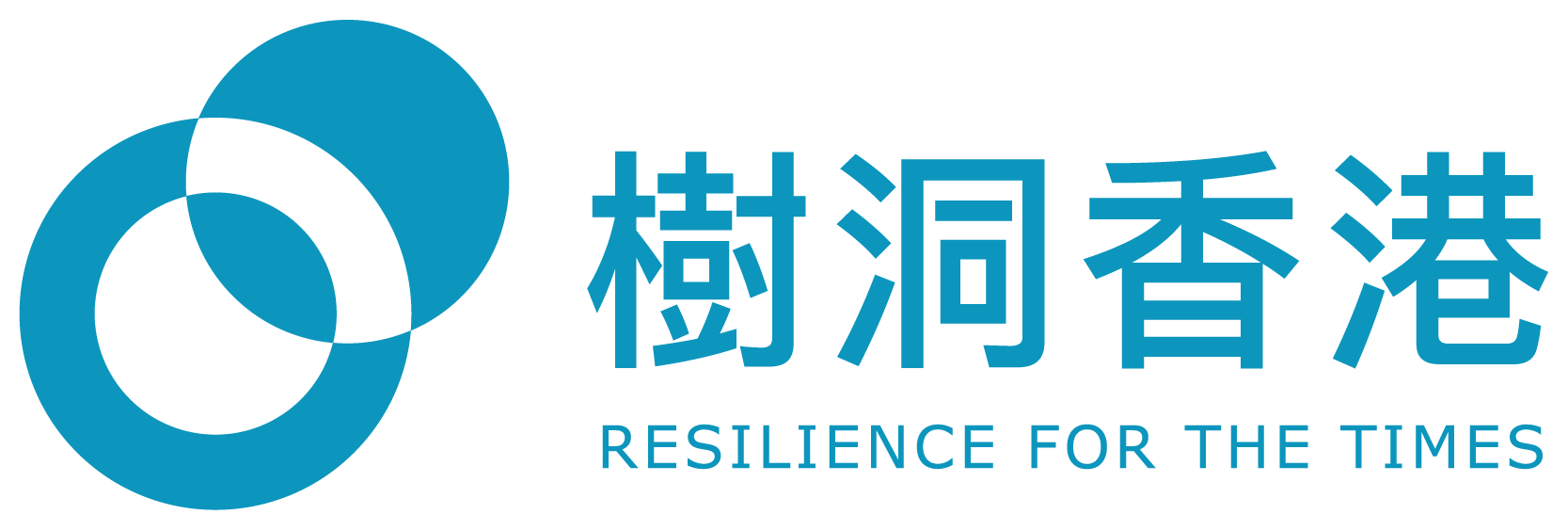
Personal Growth: Are you “trying too hard” to be a better person?
Peter Chan 2018-01-19
How I am “trying too hard” to be a better person?
Dealing with the №1 downer in personal growth
“Hey, you’re trying too hard.”
I have to admit it’s a downer. Two of my friends, with very different personalities, reached the same conclusion about me. So, maybe really I am trying too hard.
I think this is the sentence that most people who strive for personal growth don’t want to hear.
How to deal with it?
What is trying *too* hard, though?
My friends told me, by “too hard” they meant unease overspills from me. Yes. They can see me improving. But the improvements don’t come easily, at times I do things that I am reluctant to do.
My friends, out of kind intention, reminded me not to stress myself too much. Their good intention very much touched me. Yet, I do have something to say for the culture of “not trying hard”.
The pain of personal growth
Improving oneself is not lying in a massage chair named Grow-O-Matic, press the “start” button and enjoy the easy sail to success. It as at least as 100% more painful as a proper message, that already hurts.
Yet, our society celebrates easy sails. “You’re a natural” is a high-praise, and “keep up the good progress” is a lacklustre compared to the former.
Why?
Why everyone like geniuses instead of hard-workers?
My take on this is: because regret sneaks beneath our hearts only when we failed to seise opportunities, but not if opportunities don’t exist at all.
What is regret? Regret is blaming ourselves for not acting otherwise — to feel regretful, the perception of missed opportunities is a core component.
If we assume “geniuses” are fundamentally different from us, then all our failures, all dissatisfaction of life can be attributed to the “fundamental difference” between us and the geniuses, rather than missed opportunities.
We no longer feel regretful, for we’re wired in such ways that by no means we can achieve what our idols achieved. We just can’t so there’s no regret.
Liking for genius is a protection mechanism in disguise, but it comes at a cost: we lay back, without working hard when chances come to us.
We bury all the perished opportunities into a grave. The epitaph reads “ordinary” as if it explained why these opportunities have died out. We have no choice but to bury them, or else they’ll come back and whisper: I drought to death because you didn’t feed me a single drop of sweat.
I could have lived the life I had and bury more and more opportunities. But I don’t want to have it that way.
Life is a firework. We spark, dim and perish all in a flash. To spark small is not a crime, but to die out with vestigial is a shame.
And, that is why I am trying hard. Even “personal growth” sounds like a supplement for the not-so-cool kids. Even though trying hard means unease will overspill uncontrollably.
Screw the mind tricks; Embrace the unease
I said the liking for genius is the mechanism that protects us from regret in disguise. Any evidence for that?
No. It’s meditation rather than a scientific inquisition.
This mindset, however, is a beneficial one. It helps kicking out the bullshits that prevent me from improving. It also goads me to be a hard-worker.
“I won’t be as good as ABC (insert some names here) anyway, so why bother?”
Maybe true. But a significant improvement in any areas is almost warranted, given sedulous practice.
“Look, you’re trying too hard. You’re not at ease”
This phrase assumes improvements can be made doing only easy jobs. In fact, growth is repeating challenges that are moderately uncomfortable, until the unease fades. Then repeat all over with new challenges.
Noticeable unease is a crucial part of growth.
How hard is too hard?
I have seen some people who made oaths on a whim that they’re going to be a “entirely new person”.
Then they changed their lifestyle radically. They wake up at 7 am, do sports 2 hours a day, read books, learn a new language… et cetera.
For two days. That’s all. And then they bounce back to how they lived and said: “Nope, I can’t do it.”
Steadfastness is the key. I set up specific goals that are mildly challenging and persevere through them. For example, I write 500 words on weekdays, it’s a significant commitment because it takes me 2–3 hours. But it’s not crushing me.
If something feels overly exhausting, I adjust the difficulty down — but I won’t discard the goal altogether.
Set up one small goal and stick to it. It’s only too hard when it’s out of ability — but not when our self-esteem mumbles all the discouraging words to us!
That’s how I approach personal growth, and the reward has been monumental so far. Every few months I pick up something new, even learning new things is mentally exhausting; I meet with different people, even occasionally my social anxiety nerves kick me.
It’s really, these things that add up to a better person.The way is simple: pick up a goal, set up small challenges, adjust and preserve, then repeat the whole process.
Unease, or “trying too hard” is the vital part of the process. Have grit, make small but persistent changes.
Looking for some inspirations to get started?
Here are a few:
Meditation — Become more resilience and happier
Reading books — Become smarter and smarter
Online courses — Picking up new super-weapons
